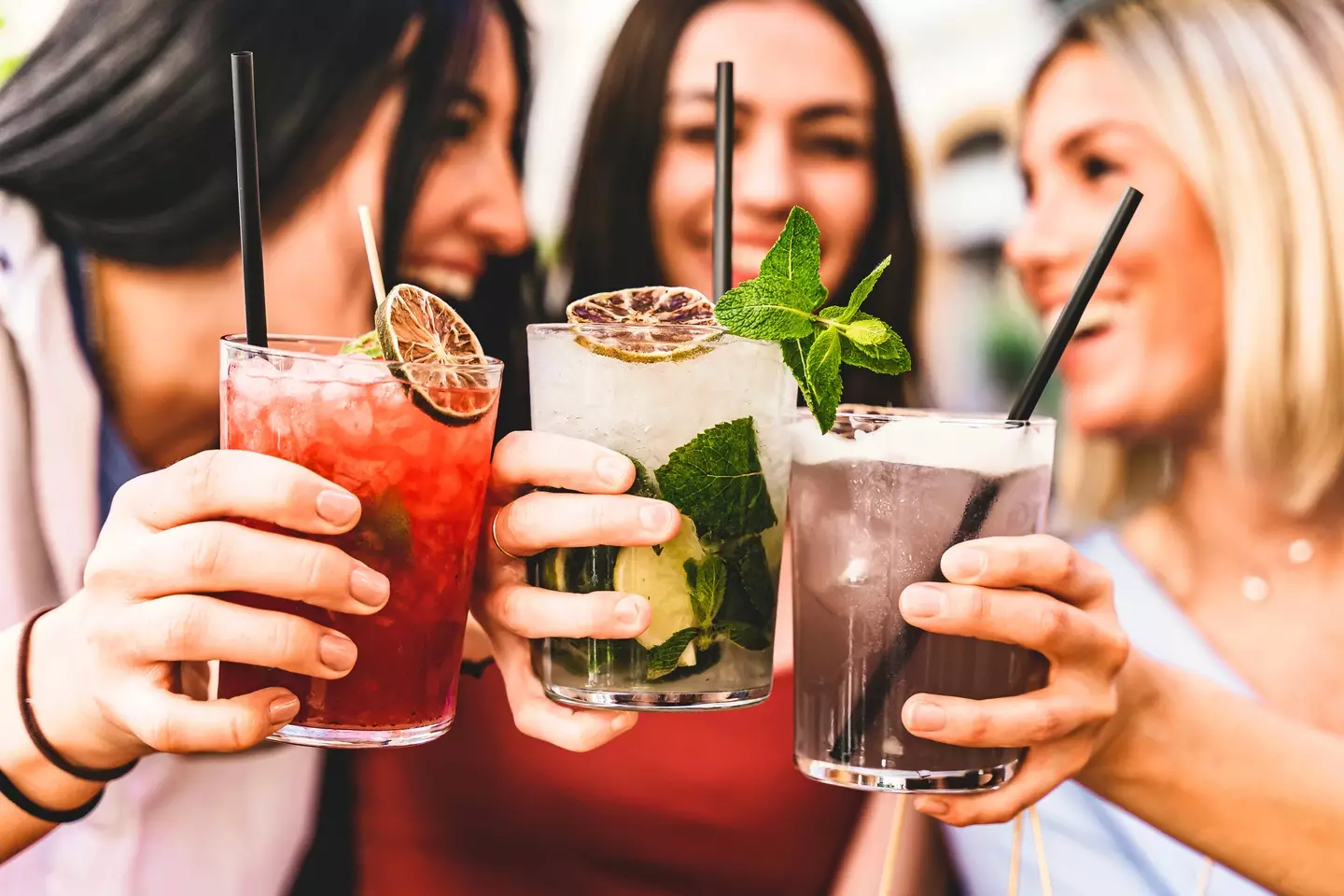
For many people across the world, having a drink is a part of their day-to-day lives.
Whether it's beers with mates after work, a full-bodied bottle of red on a date night or copious amounts of Prosecco during a chaotic bottomless brunch - it's clear that many of us enjoy a tipple or two at various stages of our lives.
However, while cocktails may be delicious and while tequila may bring out your inner party animal, alcohol is unfortunately a poison, and it has a number of health risks attached to it - no matter how often or not you're knocking it back.
And, apparently, there are actually four ages in life where the effects of alcohol are particularly dangerous, according to a new report from The Times.
Advert

In the womb
Yep, the first stage in your life when alcohol is most harmful for your health is when you haven't even been born yet.
Louise Mewton, an associate professor at the University of Sydney, told The Times: "Alcohol passes directly through the placenta to the developing foetus, and can have a toxic effect on developing organs, including the brain."
Drinking while pregnant can result in foetal alcohol spectrum disorder, where a baby is born with cognitive impairment as a result of being exposed to alcohol in the womb.
According to experts, even a relatively small quantity of alcohol, like one glass of wine a week, can result in symptoms.

11-19 years
For many people, at least in the UK, your teen years are the period of life when you're doing a lot of heavy drinking, with the average age a person first tries alcohol in Old Blighty being around 13, though the most common age for a first drink is 16, per YouGov.
Now, in this age bracket, the health risks aren't just down to the detrimental effects of alcohol's toxicity on your physical health and mental wellbeing while you're still developing, but also how it makes adolescents behave.
As we say, our brains are still developing in this stage of life, with one of the last things we develop being impulse control.
If you mix that with lowered inhibitions amidst the backdrop of all the perils of puberty and general teen angst, then you're looking at a pretty dangerous recipe for disaster - think accidents, injuries and fights.
"One of the most consistent findings is that earlier experimentation with alcohol leads to a greater likelihood of alcohol use disorders and other mental illnesses over the long term," Mewton warns.

40-65 years
Yes, people also enjoy a bender (or a hundred) during their 20s and may even go on to continue their boozy behaviour well into their 30s (despite the world-shattering hangovers), but it's not until your fourth decade around the world that you hit the next high-risk stage.
Like it or not, between the ages of 40 and 65 is when we may start to see the effects of ageing to Anya Topiwala, a senior clinical researcher at the University of Oxford, explaining: "Excess alcohol has negative impacts on muscle mass.
"It inhibits muscle growth and increases fat deposition."

65+
And the fourth and final 'danger stage' when it comes to the health risks of drinking alcohol comes right after the last.
In the same way alcohol can impact our brains when we're young and reckless, it can also affect our noggins when we're older too.
Federica Amati, head nutritionist at ZOE, outlined: "In later life, alcohol’s impact on the brain is a cause for concern.
"Older adults may present with dementia-like symptoms associated with alcohol consumption. It’s worth reducing or removing alcohol altogether to preserve cognitive function as we age."
Please drink responsibly. If you want to discuss any issues relating to alcohol in confidence, contact Drinkline on 0300 123 1110, 9am–8pm weekdays and 11am–4pm weekends for advice and support.
Topics: Health, Food and Drink, Explained, Life, Alcohol